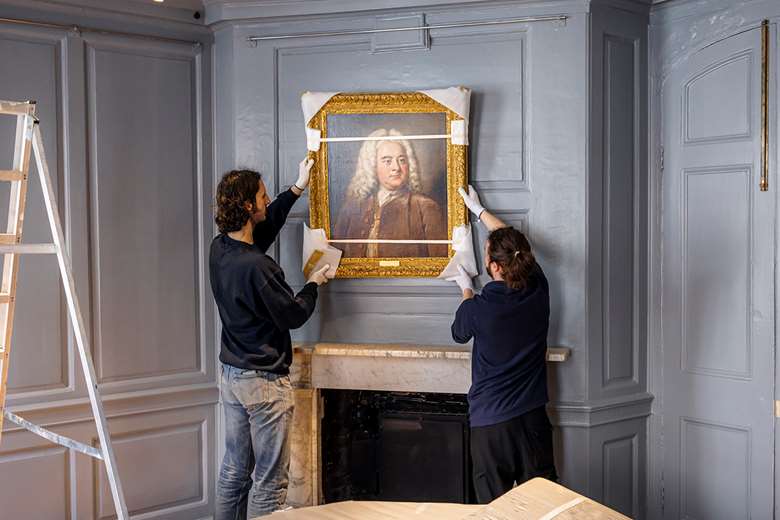From Handel and Hendrix to Joseph Bologne, the power of context in appreciating music
Martin Cullingford, Gramophone Editor
Saturday, June 17, 2023
Understanding history can add much to the impact of composers and their works

Register now to continue reading
Thanks for exploring the Gramophone website. Sign up for a free account today to enjoy the following benefits:
- Free access to 3 subscriber-only articles per month
- Unlimited access to our news, podcasts and awards pages
- Free weekly email newsletter












